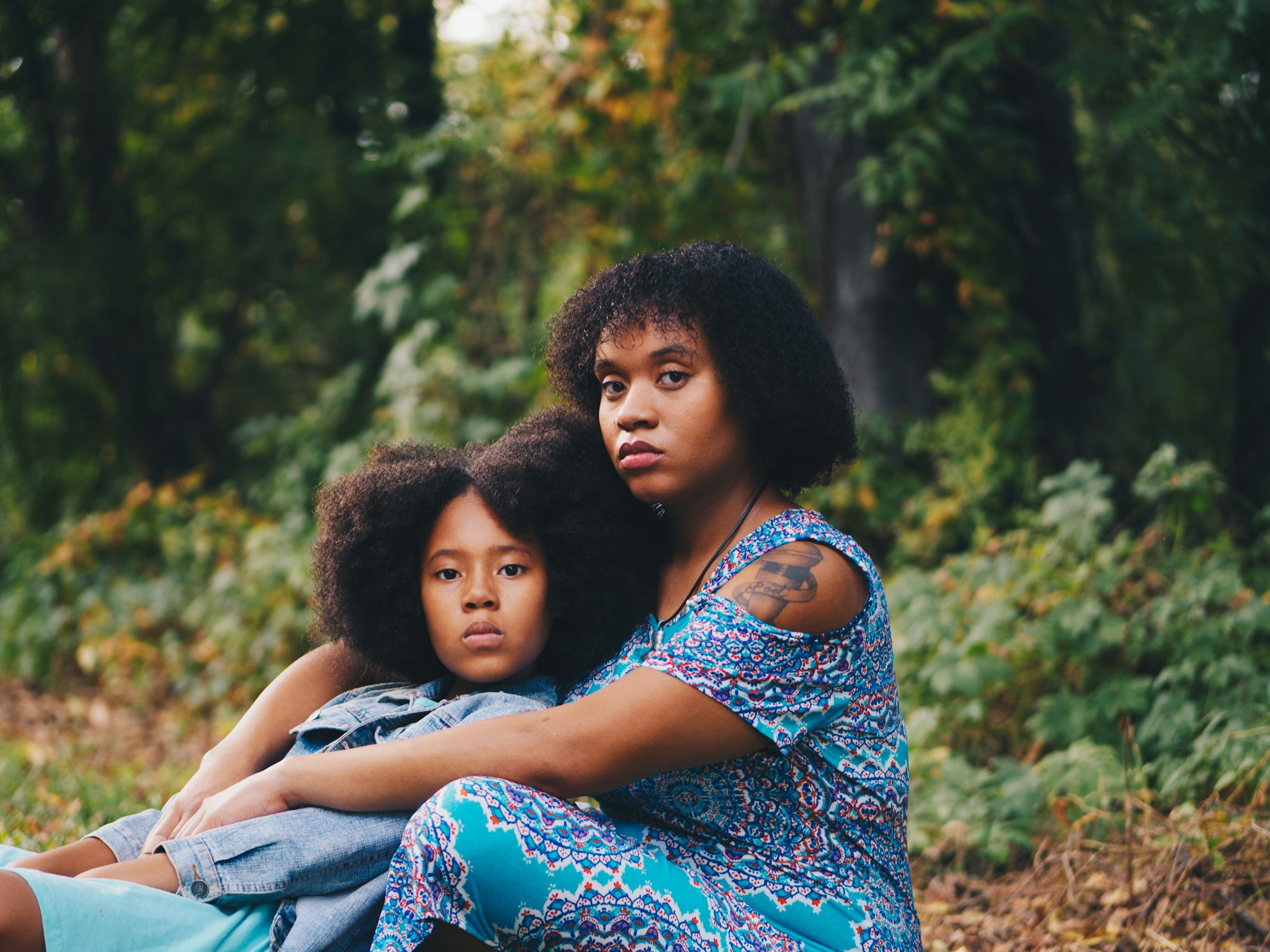
What is it like to lose a child?
What’s it like to lose a child? The best people to answer this question are the moms and dads that have lost children. They are the real experts. The books that I found most helpful on my personal journey with grief are written by other parents – people who somehow found the courage to open their tender hearts and share the most painful parts of their lives. I met myself in their words and I hope you will find some resonance as well. Here are their words:

Post-Traumatic Growth. Is it a thing?
Post-traumatic growth is generally defined as “positive” changes that occur as a result of hardship. The ancient Greeks had a saying, “All great wisdom comes from suffering.” In an attempt to better understand how painful events can lead to personal growth, resilience researchers have attempted to answer the question: Can traumatic events lead to positive outcomes?

Brain Injury: Transition & Adjustment for Families
Family members often shoulder the responsibility of caring for their injured loved one long after formal rehabilitation has ended. Unfortunately, most families are not prepared to meet the long-term demands of caring for a family member with a brain injury.
Following a brain injury, family members may experience family strain, depression, anxiety, social isolation, loss of income, as well as a myriad of other challenges.

EMDR Protocol for Grief
Would you like to strengthen your connection with your deceased loved one? You might be interested to know that there is a specific EMDR protocol that honors continuing bonds after death while decreasing the distress that accompanies grief. It is especially helpful for those that have experienced a traumatic loss. It is unlike traditional talk or grief counseling. The IADC protocol feels much more experiential and spontaneous. When the grief-related distress diminishes, clients generally experience a state of calmness, openness, and receptivity.

Is change possible?
Back in the 1990s, there was a belief among many in the field of psychology that the mind is “set” after we reach a certain age. After all, our frontal lobes appear to be fully developed by age 27. However, current neuroscience research suggests that this is not the case. Our minds are capable of change, healing and growth throughout our lifespan.

Perfectionism
Perfection is one part biology and one part environment. Some children seem to have a predisposition toward increased sensitivity, anxiety, and perfectionism. However, upbringing and environment are enormously influential. When some children are raised in a critical environment with unrealistically high expectations, it is scary to make mistakes and the child must find a way to cope and survive.

The Inner Critic
How do you talk to yourself? Our inner critic begins to develop at an early age. Messages of judgement and criticism from others are recorded in our psyches and can be replayed, even without our awareness. For some of us, it can feel so normal that we don’t even notice or question the messages.

Disenfranchised Loss and Grief
Disenfranchised grief is highly personal. What is painful for one person, family, or community may not be so for another. This may increase feelings of isolation, anger, or shame. It can feel as if your pain is invisible to the world. A few examples of disenfranchised loss include loss of physical health, loss of home, loss of community/culture, miscarriage, infertility, abortion, estrangement, brain injury, dementia, severe mental illness, addiction, incarceration, and loss of faith.

Ambiguous Loss: Frozen Grief
Ambiguous loss is unique and different from other types of losses because it is steeped in uncertainty. This uncertainty can impact one’s identity and relationships. People crave clarity but often find little. For this reason, it can be one of the most difficult losses that people experience.

Grief: I just want to be with him
Many people that are grieving experience deep yearning. In its most basic definition, yearning can be defined as a grief response in which one strongly desires to be the person that is deceased.

How long will I grieve my child?
I’ve learned that these waves of grief are a normal and natural response to loss. When someone you love dearly dies, you may experience these waves in varying degrees of intensity for the rest of your life. Your relationship with the waves, however, will most likely change. In the beginning, it feels like you won’t survive.

I keep expecting him to come home.
Do you find yourself expecting your loved one to walk through the door? This is a common experience. And current research suggests that there may be evolutionary neurobiological processes at work that create this phenomenon.

Your Brain on Grief
Our brains undergo some profound changes after a devastating loss. Your brain has a painful problem to solve. When your loved one was alive, your brain created a special kind of map for that person. And a lot of time and energy was used to create this map. It really struggles to navigate the new reality of loss and transform the relationship.

Grief. What is it?
Grief is the natural and normal response to loss. It is the day-to-day experiencing of the loss. That includes your feelings, your thoughts and how you get through the day/night.

Grief & Holding Space
Wondering how to support someone that is grieving? One way you can show your support is by holding space. Your simple presence may be the most healing and helpful thing you have to offer. Grievers often need someone to be present and bear witness to the pain, tears, and memories.

Family Estrangement & the Holidays
Families go “no-contact” for many reasons. Choosing to end a relationship with family members may be an adaptive response to an unhealthy environment. However, nearly all estrangements are accompanied by a sense of loss, sadness, or anger – this true even if you are the one that chose to go “no-contact”. Images of happy families on Facebook and Instagram may add salt to the wound.

Brain Injury: Surviving the Holidays
As the holiday season approaches, you may have mixed feelings about gathering with friends and family. You might be excited about reconnecting with loved ones. Or you might even feel anxious about interacting with friends and family. Or you may even plan to spend the holidays alone.
Whatever your plans, the holiday season might be accompanied by many different feelings and challenges. There may be feelings of loss or sadness about all that has changed in your life. It is also common to feel stressed or anxious. You’ve been through a life-transforming event. This holiday season might feel and look different than holidays in the past.

Grief and the Holidays
This can be a particularly hard time of year for those of us that grieve the loss of loved ones. As we gather, we are naturally reminded of the ones that are not here to celebrate with us. It may feel incredibly unfair as you scroll through all the images of happy families and couples on Facebook or Instagram. You may desperately wish that you could spend one more special day with your deceased mother, sister, or spouse.

Family Estrangement
Social media is filled with idealized images of families. You’ve probably never seen pictures of a family in conflict or struggling – there are no unfiltered images of tear-streaked, dejected faces. If you are estranged from your family, you may not know how common it is. You might feel alone and stigmatized as you scroll images of “happy” families. However, family estrangement is quite common and there are many others out there – like you - that are struggling with being cutoff.

Change, Personal Growth, and Loss
It is quite common for us to think about our identities as “fixed”. However, subtle changes may be occurring over time without our awareness. It is very similar to the physical changes that happen over time. If you compare a recent picture with an old picture of yourself, you will probably notice some differences. But, what about the internal changes? Are you the same person you were 5 years ago, 10 years ago, even 20 or 30 years ago? If not, what kind of changes do you notice? Do you know when the change began?
